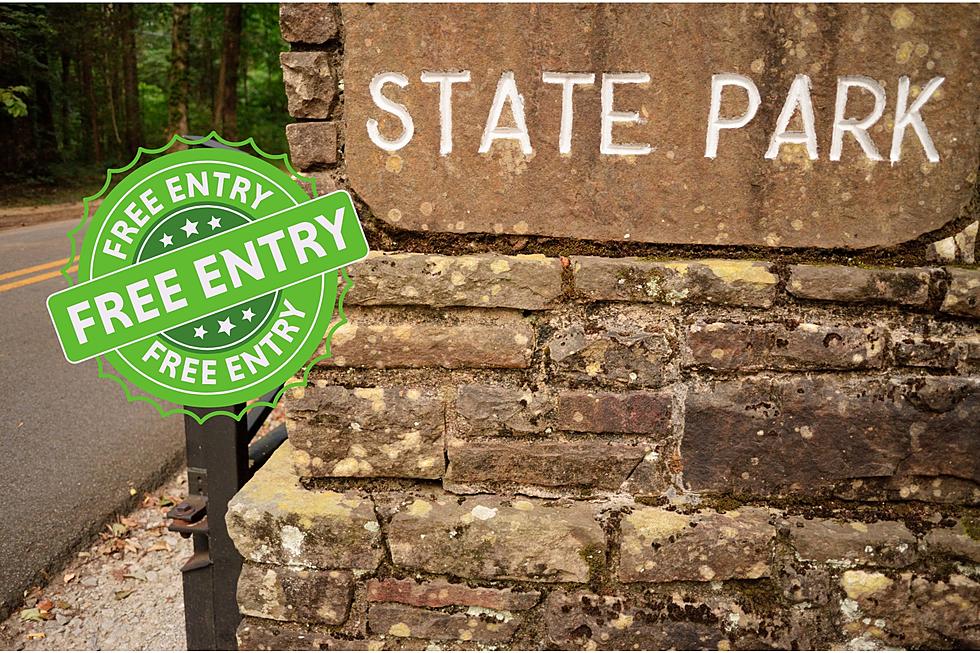
Today We Recognize Martin Luther King Jr.
Michael King Jr. was born on Jan. 15, 1929. Michael King Sr. became the pastor of Ebenezer Baptist Church in 1931. They adopted the name Martin Luther King after the German Protestant religious leader.
Martin Jr. was the middle child with an older sister, Willie Christine, and younger brother, Alfred Daniel Williams. The gentleness of their mother, Jennie Celeste (Parks), balanced disciplinarian Martin Sr., according to biography.com. Martin Sr. fought against racial prejudice and discouraged any sense of class superiority in his children.
King Jr. attended Booker T. Washington High School, skipped ninth and 11th grades before entering Morehouse College in Atlanta at 15 in 1944. He then went to Crozer Theological Seminary in Pa. in 1948. He was valedictorian in 1951 and was elected student body president.
He enrolled in Boston University where he met aspiring singer Coretta Scott at the New England Conservatory School. They married in 1953 and had four children: Yolanda, Martin Luther King III, Dexter and Bernice. King Jr. became pastor at Dexter Avenue Baptist Church in Alabama and completed his Ph.D. in 1955 at 25.
On Dec.1, 1955, the night Rosa Parks was arrested, the local NAACP chapter head E.D. Nixon met with Martin Luther King Jr and they elected to boycott the bus. It lasted 382 days. The African-American community took legal action using the Supreme Court's Brown vs. Board of Education case. The city lifted segregated public transportation.
In 1957, the Southern Christian Leadership Conference (SCLC) was formed with ministers and civil rights activists conducting nonviolent protests. In 1959, King Jr. visited Gandhi's birthplace in India. He then became co-pastor with his father at Ebenezer Baptist Church in 1960 and continued his civil rights efforts.
In August 1963, Martin Luther King Jr. and more than 200,000 peaceful supporters marched to the Lincoln Memorial in Washington, D.C., where they heard his historic "I Have a Dream" speech. In 1964, the Civil Rights Act was passed and Martin Luther King Jr. received the Nobel Peace Prize.
In March 1965 in Selma, Ala., about 2,500 black and white marchers prayed at the Pettus Bridge, turned and went home. This led to the passing of the Voting Rights Act. The Civil Rights Movement moved into Chicago and Los Angeles as King Jr. met with organizers in northern states.
On April 3, 1965, Martin Luther King Jr spoke to the Memphis sanitation workers on strike. His speech:
"I've seen the promised land. I may not get there with you. But I want you to know tonight that we, as a people, will get to the promised land."
On April 4, standing on a balcony, King Jr. was assassinated by James Earl Ray. Ray was sentenced to 99 years in prison, where he died in 1998.
Martin Luther King Jr is honored with a national holiday -- the third Monday in January -- a national monument in Washington, D.C., and many public buildings are named after him.


